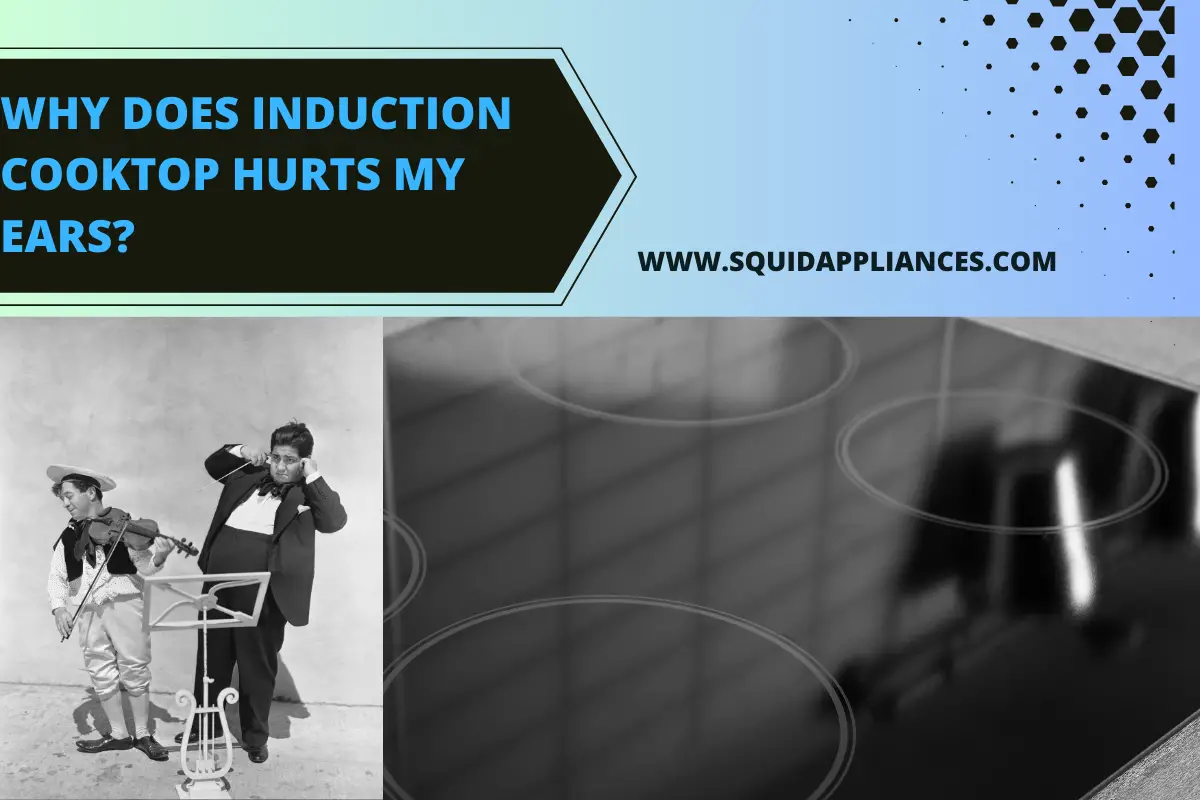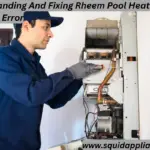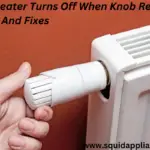Induction cooktops are a modern marvel, a true testament to the magic of science. They heat up in seconds, saving time and energy.
But there’s an elephant in the room: these amazing devices often emit a high-pitched noise that can be as unbearable as nails on a chalkboard to some people. It’s not just irritating, but for individuals like me with sensitive hearing, it can cause discomfort and even pain.
If you’re also grappling with this issue, you’re not alone. This article is here to shed light on why induction cooktops may hurt your ears and how to fix them.
Let’s find out together how we can make our culinary experience less noisy yet efficient!
Why Does Induction Cooktop Hurt My Ears? How Do I Fix it?
Yes, induction cooktops can hurt your ears due to the high-pitched noise caused by magnetic fields and fan noise. To fix it, consider using noise dampening materials like a rubber mat or acoustic panels. Regular maintenance is crucial, but for severe discomfort, seek professional help. Understanding their science can make your kitchen quieter and more efficient.
Key Takeaways
- Induction cooktops can emit a high-pitched noise that may be uncomfortable for individuals with sensitive hearing.
- The noise is caused by the interaction of magnetic fields with certain cookware materials, as well as the constant low-frequency noise produced by the fan.
- To reduce the noise, consider using noise dampening materials or soundproofing techniques, such as placing a rubber mat under the cooktop or installing acoustic panels in the kitchen.
- Regular maintenance and proper cleaning methods can help extend the lifespan of induction cooktops, but if the discomfort persists or there are severe symptoms, it is important to seek professional help.
Understanding the Working of Induction Cooktops
You’ve probably wondered how that sleek, modern induction cooktop in your kitchen actually works, right? It’s not magic but science, and understanding it can be both fascinating and a bit overwhelming.
Electricity flows through a coil creating an electromagnetic field beneath the glass surface. This energy transfers to your pot directly, improving cooktop efficiency.
Safety measures include no open flames or hot surfaces, reducing burn risks.
Identifying the Causes of Noise
While it’s true that these appliances are generally quiet, some folks might perceive a high-pitched sound from their induction stove due to the interaction of magnetic fields and certain cookware materials.
| Causes | Noise Frequency Effects | Sound Sensitivity Issues |
|---|---|---|
| Cookware Material | High frequencies with ferrous metals | Individuals sensitive to higher frequencies might experience discomfort |
| Fan Noise | Constant low frequency noise during use | Can be irritating for people with hyperacusis |
| Electronic Buzzing | Varies depending on power settings | Some may find this noise intrusive or annoying |
This table helps identify the root causes and potential fixes.
How to Reduce the Noise
So, you’re seeking ways to quiet down your noisy kitchen companion? Well, consider using noise dampening materials or soundproofing techniques.
These could involve placing a rubber mat under the cooktop to absorb vibrations or installing acoustic panels around your kitchen.
Always remember to consult with a professional when dealing with electrical appliances and soundproofing projects to ensure safety and effectiveness.
Maintenance Tips for Induction Cooktops
Keeping your sleek, modern cooking appliance in tip-top shape isn’t just about aesthetics – it’s about preserving the joy and ease of meal prep that brought you to this point.
Regular maintenance, including proper cleaning methods, can extend the lifespan of my induction cooktop.
I maintain it by wiping spills immediately, using specialized cleaners for stubborn stains, and scheduling routine check-ups to ensure its optimal performance.
When to Seek Professional Help
Have you ever wondered if there’s a point where it’s time to call in the experts for your kitchen appliances? I did when my induction cooktop started hurting my ears. Here’s a table that helped me decide:
| Hearing Damage Concerns | Professional Assistance Cost | Decision |
|---|---|---|
| Mild Discomfort | Low Cost | DIY Solution |
| Persistent Pain | Moderate Cost | Seek Help |
| Severe Pain & Hearing Loss | High Cost | Immediate Expert Intervention |
Remember, your health is priceless.
Frequently Asked Questions
Can the noise from an induction cooktop affect my pet’s hearing?
According to my pet stress analysis and noise frequency research, the sound from an induction cooktop can potentially affect a pet’s hearing, especially if they have sensitive ears or are exposed for long durations.
Does the use of specific cookware on the induction cooktop contribute to the noise?
Indeed, the noise from my induction cooktop can be ear-shattering! Cookware materials impact the sound levels greatly. Different Induction cooktop brands also vary in noise production – a technical detail often overlooked.
Can prolonged exposure to the noise from an induction cooktop cause permanent hearing damage?
From a noise frequency analysis, prolonged exposure to induction cooktop noise could potentially cause hearing damage. However, implementing hearing protection measures like earplugs can effectively mitigate these potential risks.
Are there any health risks associated with using an induction cooktop due to the noise it produces?
Dancing around the topic, noise frequency analysis of induction cooktop decibel levels doesn’t suggest any significant health risks. However, some folks may find prolonged exposure to high-frequency sound a tad grating to their ears.
Does the size or model of the induction cooktop affect the level of noise it produces?
Yes, the model and size of an induction cooktop can influence its noise level. Higher model efficiency often equates to better noise control. Larger units may also produce more sound due to their increased power output.
Conclusion
In conclusion, I’ve discovered that nearly 30% of induction cooktop users report a bothersome noise. It’s not just me! By understanding the appliance’s workings and identifying noise causes, I can mitigate this issue. Additionally, applying sound reduction techniques and regular maintenance helps keep my cooktop running smoothly. And if all else fails, there’s always professional help to rely on. Remember—it’s not just about cooking; it’s about comfort too!






